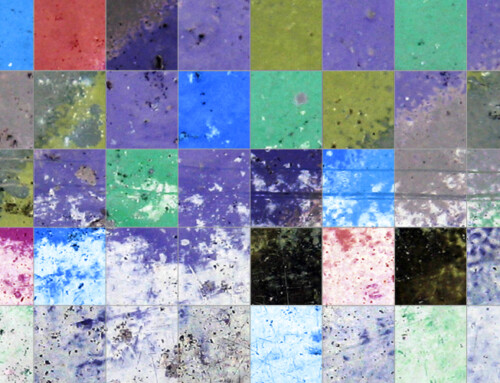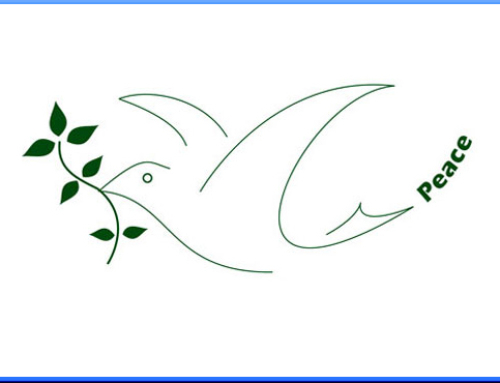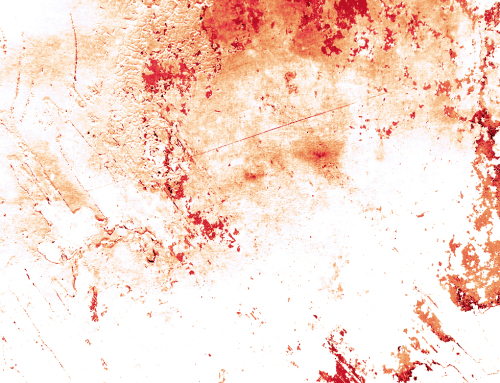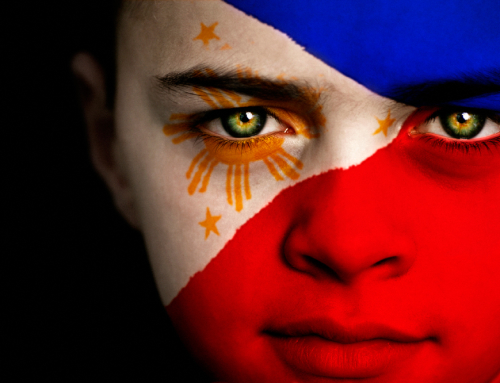Special to Tudla:
This piece was originally posted by Psyche Roxas-Mendoza (Crystal ’77) in her Facebook Notes on March 4, 2010.


Psyche
I haven’t seen my brother for 25 years. His name is Marcel D. Roxas and he would have been 57 years old today.
Hardly anyone ever looks for Marcel anymore. No one talks about him much. Not in laughter. Not in anger. Not in tears. Not among his friends and comrades. Not in the house where we shared our childhood and growing up years. Not in the home where his children grew up.
His wife told me once that their youngest son had a dream and in that dream, he saw his father.
“Did you call him?” Marcel’s wife asked.
“No,” the youngest son said, “I didn’t feel comfortable, I do not know him.”
It was hard not to know Marcel when he was here. Standing about 5-feet-6 inches, he possessed a lanky, athletic frame, with smiling eyes, bushy eyebrows, wavy, curly hair and a healthy beard that reminded you of a young Karl Marx.
His laughter was contagious and he knew the funniest jokes that he loved to share whenever we were all gathered in the house, like when the rain stopped us from playing outside or when there was a brownout on nights too hot for sleeping. He taught us how to stand against the wall, in front of a flickering candle, and move our fingers to form shadow animals – a dog, a rabbit, a snake.
On Sundays, we’d all ride the family car and attend mass at Sto. Domingo church. There we saw Marcel, dressed as an acolyte, in a white, long sleeved shirt and black pants, assisting the priest during Holy Communion.
“We had to be careful when Father_____ was the officiating priest,” he told us once, “That priest would kick us to remind us to stop pouring too much water on the wine in the chalice that he would raise as he said ‘This is the blood of Christ…’ We all got to be wary of that kick,” he said chuckling.
Marcel taught me gymnastics. We were like circus performers. At age 12, he would lie on his back and place his hands, palms up on the floor. I would firmly plant my left and right foot on either palm and with one heave, he would lift me up and up. I could balance myself perfectly in the air at age 6. I never feared I’d fall. I had full confidence in my brother’s steady hands.
Marcel could do a mean bronco and a swan dive, and competed for his school, the Far Eastern University Boys High School, in gymnastics and diving competitions. He was also good in painting and the visual arts. Once, as Christmas neared, he made a huge, red lantern shaped like a farmer with a carabao. It lit many Christmases before it got worn.
Growing up, I began to see him less and less. Marcel was now a freshman student at the University of the Philippines at Los Baños, taking up B.S. Agriculture. It was the early years of Martial Law and my brother, I later found out, was an activist, a member of the Samahan ng Demokratikong Kabataan (SDK).
He would bring his friends to the house. They would stay for hours in our attic. When I asked him what they did upstairs, he’d say they were studying. They were always studying Lenin and Marx and Mao. An entire sky-blue wall in his bedroom had this phrase painted all in white: “Where there is struggle, there is sacrifice, and death is a common occurrence.”
Marcel didn’t graduate. Over the years, we learned to accept what he wanted to do in life. Even when he got married, he remained a trade union organizer in Mindanao, where he and his wife eventually settled.
Some of my elder siblings started out as activists but they stopped when Martial Law was declared. Marcel was different. He was the only one who never worked in a government office or a private company. He’d be off for days and when he came back, he would tell us stories of poor people who lived in houses that had the soil for a floor and rusty, galvanized iron sheets for walls. To him, poverty had names and faces; men, women, and children who lived in the direst of circumstances.
Marcel loved his wife and kids. He would write letters telling about his sons; of how handsome his eldest was and that his kids were growing up fast.
“When Marcel is home, I am a queen. He does everything,” his wife would often say.
I believe her. It was the same when Marcel visited us. He scrubbed floors and windows and kept the bathroom smelling fresh and clean. He introduced us to simple dishes, like Ligo sardines cooked in egg. One time, he surprised us with boiled misua (wheat noodle) that was so tasty even when it had no meat or fish, no other ingredient but ginger.
“Learned it from the workers,” he said.
Then one day in September 1985, Marcel was suddenly gone.
Last Updated on October 12, 2016 by Tudla_Admin


















Leave A Comment